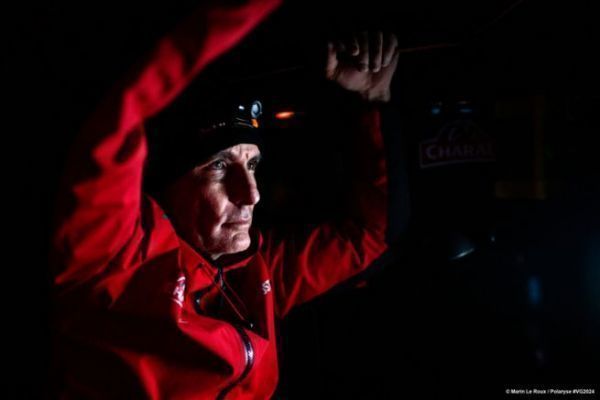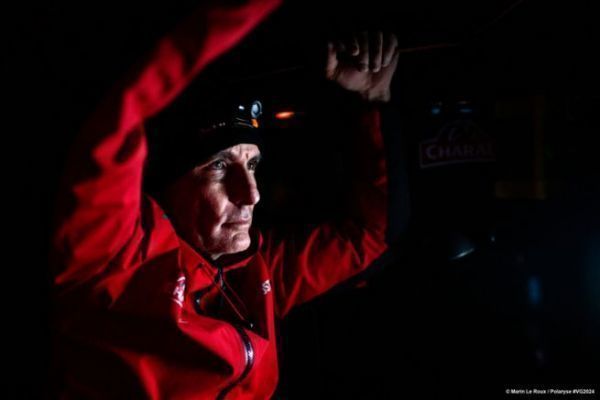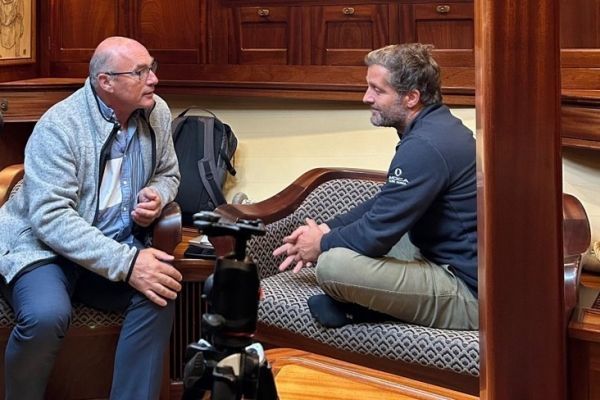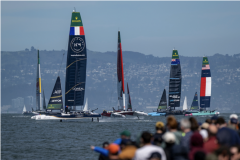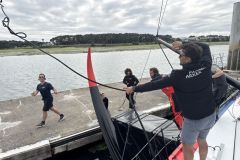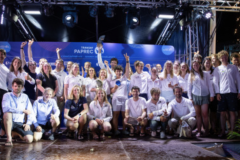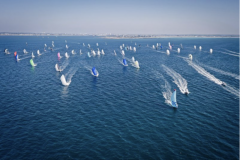The Vendée Globe is an extreme endurance race in which the skippers face testing conditions for weeks or even months on end. While their technical and physical preparation is widely covered by the media, one crucial element often remains in the shadows: mental preparation. And yet, according to coach Gérard Vaillant, it's absolutely essential. On this 10th edition of the solo, non-stop round-the-world race, he is accompanying Jeremie Beyou and Eric Bellion.
Permanent mental preparation to manage emotions
For Jeremie Beyou, mental preparation is an ongoing process. Before Gérard Vaillant, the skipper of the IMOCA Charal was accompanied by a sports psychologist.
sail. It can save the skipper's life by dealing with emotions. They have to be brave because they'll be working on themselves. It's easier to point the finger of blame externally, than internally, and say that the problems lie with the boat, the team, the autopilot... It's dangerous and almost irresponsible not to have someone, be it a mental coach, a mental trainer, a sports psychologist, to work on your limits and your ego. You shouldn't think of yourself as a superman. You have to learn to be a better version of yourself before and during the race, and learn from yourself to move forward. There's still a belief that you have to be strong, and working with a coach is a sign of weaknessfor me, I think the opposite is true: it's a sign of courage and strength to face up to your vulnerabilities"It's becoming standard for top-level skippers to have long-term support. They can't afford to be the 'weak link' in their project, given the sponsors and costs involved. In the event of damage or dismasting, the skipper must not give in. A few years ago, I followed a skipper who told me that after a few days of racing, it was so hard that he would look at his mast and hope it would break. It wouldn't be him who broke, but his boat. He could then return to port without being responsible for the failure of his project. It's hard for them. You can see it on the pontoons with the excitement, the admiration for these competitors who are going off on an adventure, who are going to sail, but who are not always prepared for what they are going to experience. It's a thought that seems unbelievable and incompatible with top-level sailing. Morgan Lagravière's admission of his difficulties was humane, but accepting one's vulnerability and stating one's limits is not always well received by the public. There's such a cult of being strong. He must have been able to transform this vulnerability into strength. I often say to work on this problem. Believing oneself to be strong is a weakness. But skippers aren't aware of this because they're convinced it's a strength explains the coach.
Be careful, however, not to confuse coach and psychologist. Their fields are quite distinct, and if certain subjects fall outside the box, Gérard Vaillant refers the skippers he coaches to professionals.
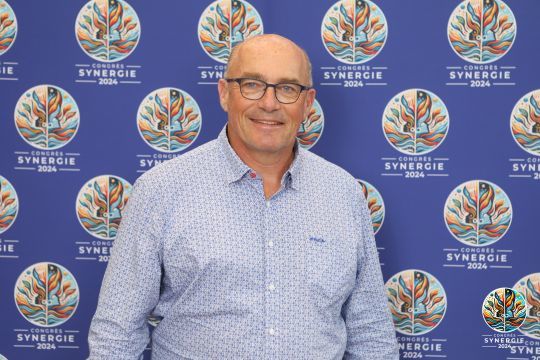
Essential support
Preparing a skipper for a race as intense as the Vendée Globe requires much more than sailing skills. The mind plays a decisive role in a sailor's performance, in the face of weeks of solitude, extreme weather conditions and unpredictable situations.
coach. When you have damage, you can experience emotions and be afraid of giving up. The skipper may feel bad emotions that could put his life at risk. Just like a doctor, we support him beforehand. What's going to happen when you're in the euphoria phase? What to do in the down phase? In the event of abandonment, you have to face up to what's happening, because it's a heartbreaker for someone who's prepared for a Vendée Globe" concludes Gérard Vaillant.

